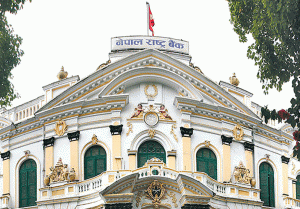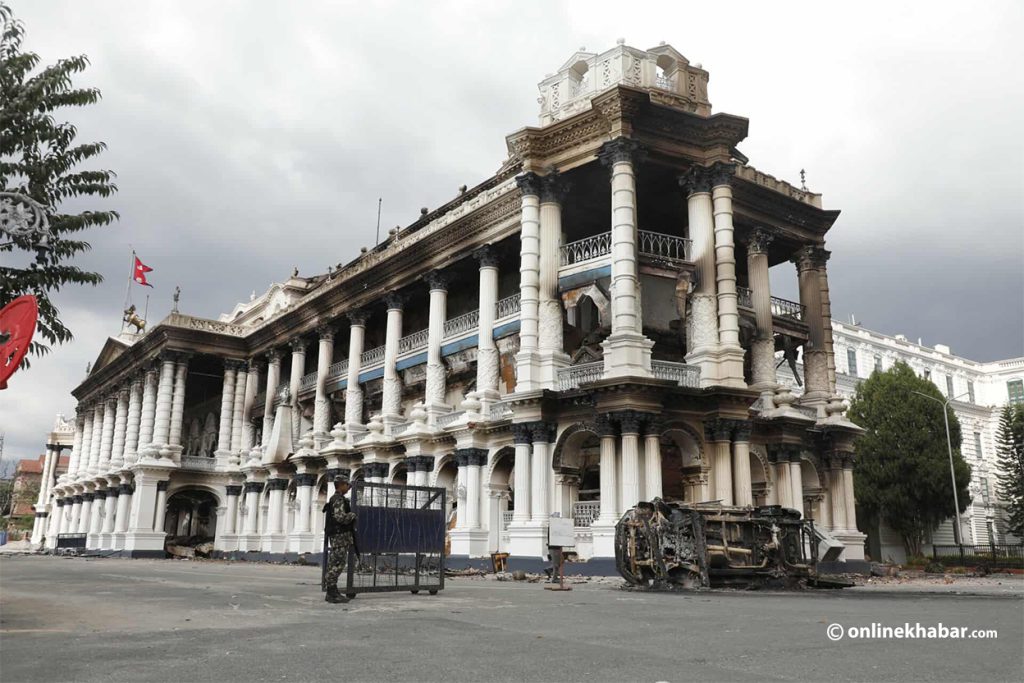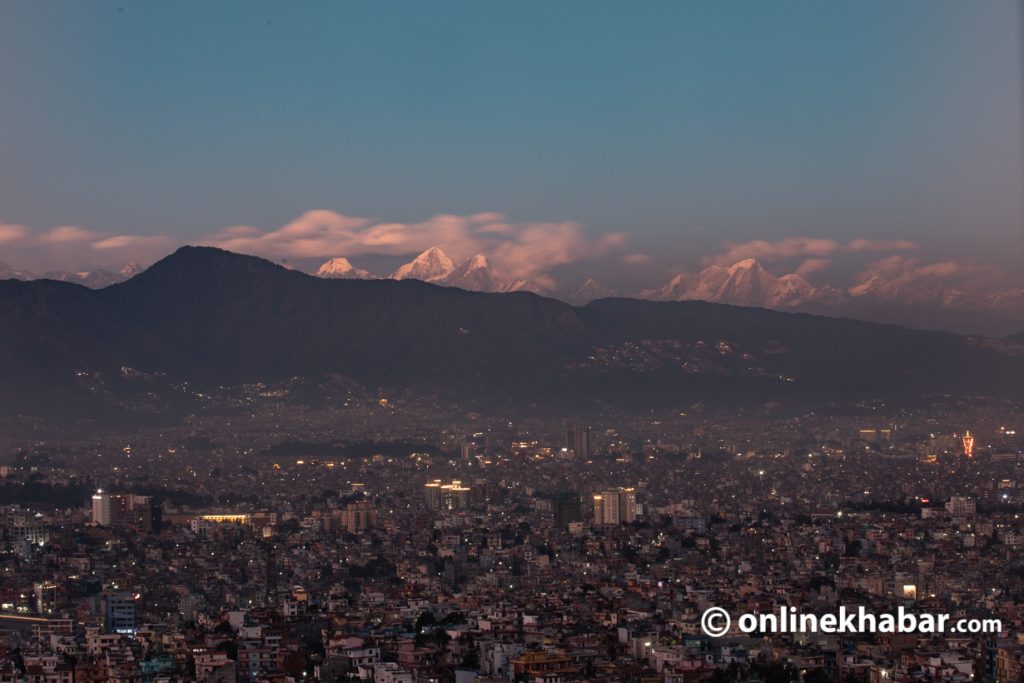
Op-ed editors of major broadsheet dailies published in Kathmandu on Monday continue to give a lot of attention to election-related stories as polling is just a few hours away. Here’s a summary of our pick of articles for the day:
Why was turnout lower than expected in first phase of elections?

Jainendra Jeevan, in his article for Nagarik, seeks to answer why turnout was lower than expected in the first round of parliamentary and provincial elections compared to the local elections. He says that although the Election Commission attributed the low turnout to the weather–winter has already set in northern Nepal–there are many political reasons for this. He says that first of those reasons is that various political parties have formed different alliances and the voters have not accepted the alliances. Second, the voters are tired of the same candidates who have been contesting elections for a long time and have not delivered on their promises. The other reason could be related the spate of explosions that has rocked the country in the days leading to the elections.
However, a 65 per cent turnout is a good vote in favour of democracy and people’s government. Jeevan said that after witnessing a sharp increment in invalid votes during the local elections, the poll commission should have made voting simpler, but it has failed to do so. That is why the number of invalid votes could be high this time also.
Mugabe’s lessons for Nepal

Abhi Subedi, in his lead article for Kantipur, talks about how Nepal could become a second Zimbabwe if political parties try to use the constitution to tug corruption under the carpet. He says that although Mugabe did not violate the constitution, he abused it. He abused it to stay in power for a long time and to enrich people close to him at the cost of the people, who neither had jobs nor food. Mugabe did hold elections on time, but he ensured that only his supporters came close to power. Foreign investors ran away and the country went bankrupt. This is a lesson Nepali leaders have to learn from Mugabe, he says.
Domestic investment in hydropower

Bikash Thapa, in his article for Annapurna Post, says that mega hydropower projects such as the Budhi Gandaki should be built utilising domestic finance. He says that if the people of Nepal apply the right pressure on the government, it will be forced to decide in favour of local resources. Thapa argues that financing big projects with local resources will send a signal that Nepal is indeed a sovereign country and it can do things on its own.
He argues that foreign consultants have a tendency to inflate the cost of projects. That is another downside of the having foreigners build megastructures. He argues that leaders of political parties are after commission they receive from contractors and that is why they want to hand over such projects to foreign companies. But Nepalis should press the government not to do so.
























